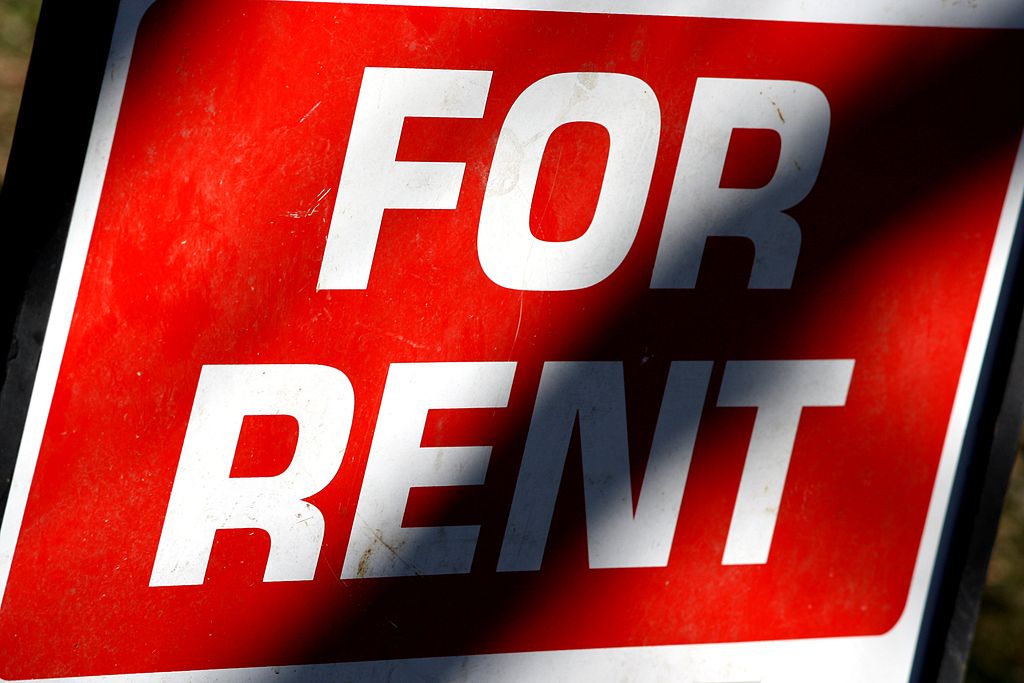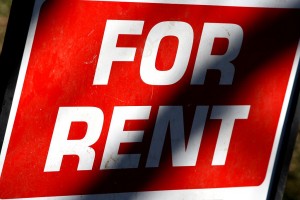There will come a time for every landlord to turn over their rental property from one tenant to the next. You would think it would be as easy as collecting the keys from the former and giving them to the latter but that’s not the case. Proper planning and proactive actions can go a long way in making a rental turn over a smooth and efficient process.
Should I Stay or Should I Go?
Before ever considering further steps in a turn over plan, you, as the landlord, need to know if your current tenants are staying or going. Your lease will spell out the specific requirements for providing the opportunity for a renewal or for giving notice of non-renewal. If you’ve decided to not renew with your current tenants or they have decided to move on, put the specific move out date in writing. If you are not renewing your lease, send the notice via certified mail with a return receipt. If your tenants have given you notice, have them send it to you in writing with a signature.
Communicate
Provide your tenants with a copy of the move-in inspection report and a detailed description of the steps that need to be taken to help ensure they receive their security deposit back. Offer your tenants the opportunity for a pre-move out walk through so you can address specific concerns or needs for repair prior to their move-out. This lays out how you expect the property to be returned to you and gives the tenants the chance to meet those expectations.

The Move-Out
On the agreed upon day of move-out be prepared to meet your tenants at the property and complete a final inspection with them. Note any damages and normal wear and tear and have your tenant sign the list, just like they did for the move-in report. Make sure the tenant turns in all keys to the property, even those copies they made at their own expense, garage door openers, mailbox keys, and parking passes. Lastly, get their new mailing address so you can send back the security deposit or forward any future written communications to them.
Prepare For the New Tenant
Don’t waste any time getting the property ready for the next tenant. This can be the most costly point of turn over since a vacant house is a loss of income. The house should be cleaned from top to bottom and all repairs should be completed prior to a new tenant taking possession. If the former tenant left items behind, the landlord is responsible to remove them from the property and store them for a time and in a condition prescribed by local law. If you do change the locks, have extra copies of the keys made not only for the tenant but for yourself and your property manager.
Move-In Day
On the day your new tenants arrive, walk through the property together, make note of the current condition of the house, and both you and the tenant should sign the report. Be sure to deliver a copy to them as soon as possible. Explain how to operate the basic house systems and appliances, provide your contact information, and remind the tenant of any specific responsibilities related to the house, such as lawn maintenance, parking regulations, or pet rules.
Once you develop a turn over plan and stick with it you’ll find the process reduces the stress and time involved in seeing one tenant out the door and welcoming a new one in.








